Chuck Feeney: the incredible story of the billionaire who died broke
From nothing to billions and back again
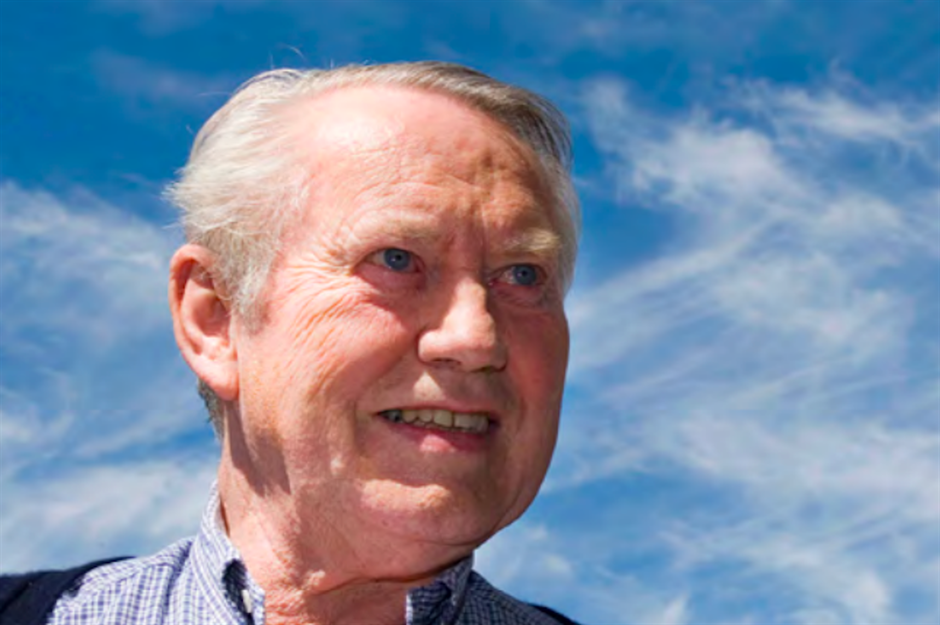
Chuck Feeney, who has died at the age of 92, was arguably one the most generous billionaires in history. Born during the Great Depression and hailing from a modest background, the entrepreneur amassed billions of dollars through his Duty Free Shoppers Group. But in a move that would eventually lead to him being dubbed the "James Bond of philanthropy", Feeney dedicated his life to discreetly donating his entire fortune to worthy causes.
Having vowed to die penniless, Feeney appears to have achieved his noble aim and has passed away leaving no significant wealth or possessions. Read on to find out more about his incredible life of philanthropy and discover his lasting legacy.
All dollar amounts in US dollars.
Born into the Great Depression
.png)
Charles Francis "Chuck" Feeney was born to a working-class family of Irish origin in New Jersey in 1931. Growing up when America was in the grip of the Great Depression was tough, but Feeney's entrepreneurial spirit shone through from an early age. Before even reaching double figures, he'd spend time shovelling snow when he wasn't in school to bring some extra money into the family coffers.
A college education
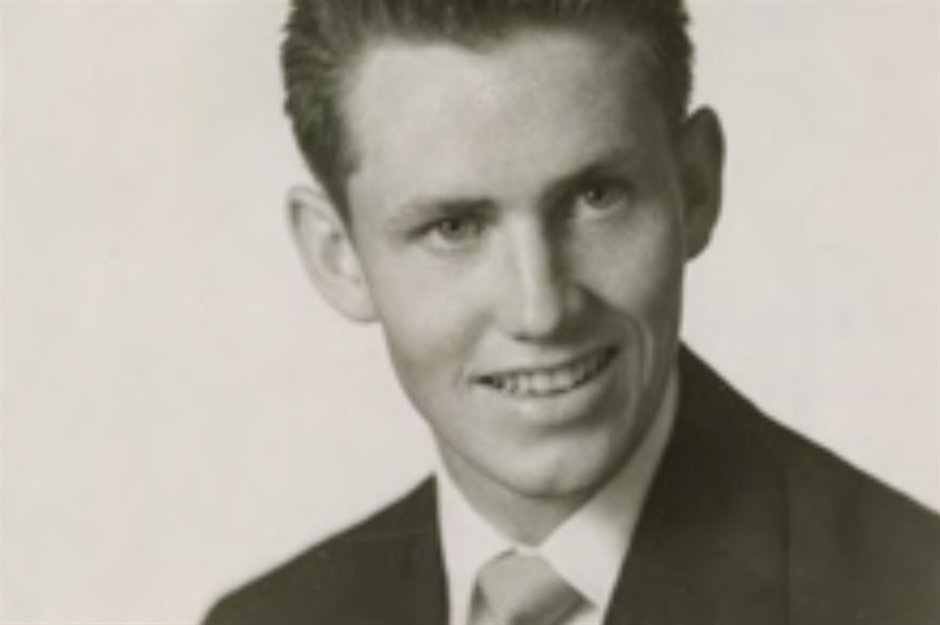
Like many poor kids looking for adventure, Feeney joined the military as soon as he was able. He served in the US Air Force and this indirectly gave him his big break in life. Any soldier who'd served in the military at that time could receive a free college education and Feeney took advantage of the GI Bill and won a place at Cornell University. But he didn't stop there, and managed to combine his studies with earning money when he launched a thriving sandwich business.
The DFS Group is born

Noticing a gap in the market for duty free goods, in 1960 Feeney founded what was to become the Duty Free Shoppers (DFS) Group with his business partner Robert Miller. They began marketing duty free cars and liquor to US military and navy personnel. The Hong Kong-based enterprise was initially called Tourists International and Cars International but was later renamed Duty Free Shoppers (DFS). At the time, duty free shopping was largely unheard of.
Global expansion

DFS opened its first duty free airport store at Hong Kong’s Kai Tak Airport in 1961. More stores followed in Honolulu and other destinations frequented by high-spending Japanese tourists. Ten years later the empire had opened branches across North America and expanded further into Asia as a result of the brand's success and additional investments. By the late 1970s, Feeney was a millionaire many times over.
When enough is enough
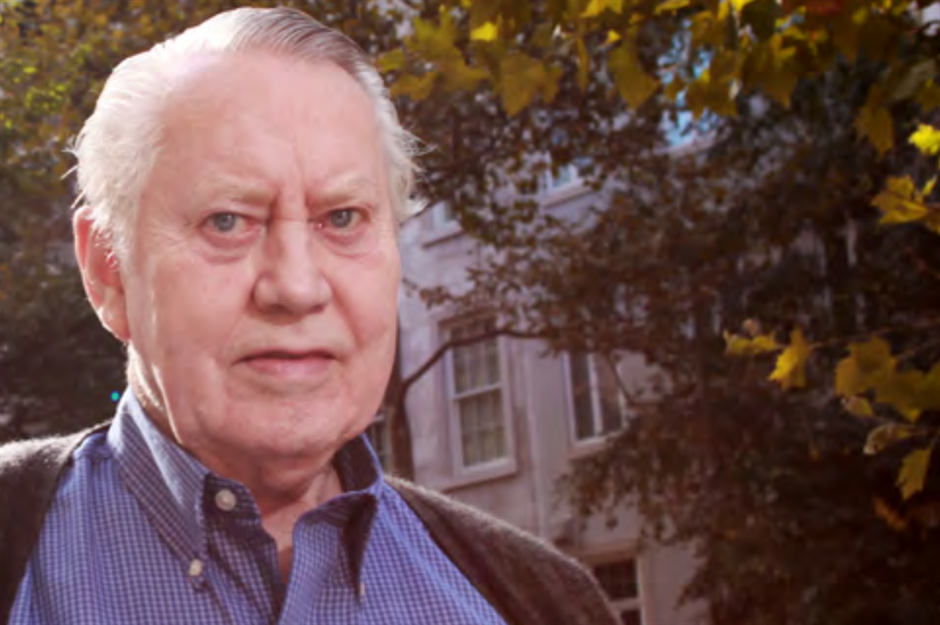
But Feeney's vast wealth had started to make him feel uncomfortable. He had more money than he needed to take care of himself and his family and he began researching how he could use his fortune for the greater good. In 1982 he established the Atlantic Philanthropies foundation with $5 million, the equivalent of $31 million (£25.3m) in 2023. Two years later, after making sure his family's needs were covered, he transferred his entire fortune into the foundation, a sum believed to be up to $1 billion, and a staggering $2.9 billion (£2.4bn) in today's money.
Philanthropy takes off
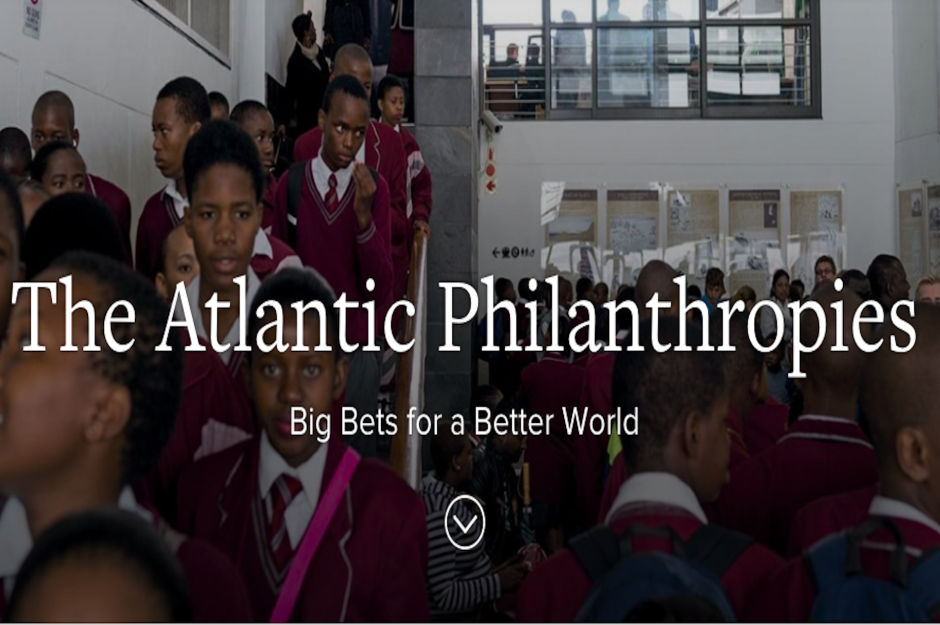
The transfer of funds from Feeney to the foundation was carried out in total secrecy, and even his partners in the DFS Group were unaware. The foundation itself was also run completely anonymously and benefactors were not allowed to discuss who they had received their grants from. Despite being instrumental in funding many buildings, Feeney's name didn't appear on any of them, and there was no publicity at all about his good works.
Cornell University first to benefit
.jpg)
The GI Bill made it possible for Feeney to go to university and he'd always been grateful for his time at Cornell and its role in shaping his life. Consequently, Cornell received Atlantic’s first-ever grant of $7 million to establish the Cornell Tradition in 1982. The scholarship and work-study programme recognizes and rewards outstanding undergraduates, and over 5,300 students have benefitted from the scheme over the years.
Limerick gets a university
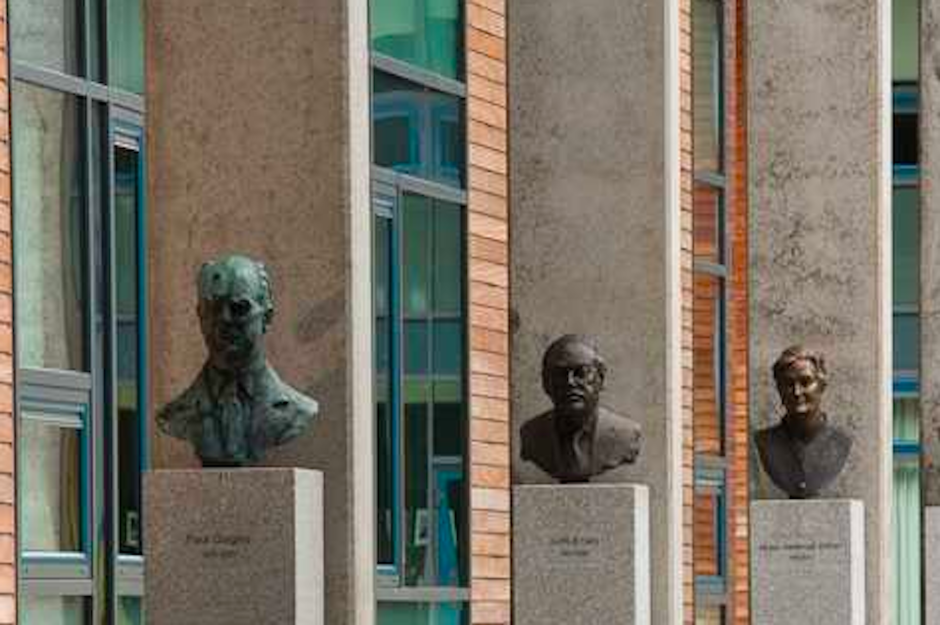
On his business travels, Feeney was always on the lookout for causes his foundation could benefit. As an Irish American, he felt close ties to Ireland and was keen to give back to his ancestral homeland. With a strong belief in the power of education, his first major Irish gift was $14.9 million to the National Institute of Higher Education in Limerick. He also developed ties between the Institution and Cornell University, which helped it become the University of Limerick.
LVMH buys into DFS
.jpg)
In the late 1990s, when Feeney was in his sixties, he sold his share of the DFS Group to LVMH, the luxury goods manufacturer behind world-famous brands such as Louis Vuitton. He reportedly received $1.7 billion for his stake, the equivalent of $3.3 billion (£2.7bn) in today's money, and it was all paid into the Atlantic Philanthropies foundation. This cash injection vastly increased the scope of what the foundation could achieve and Feeney began looking for even more ambitious projects to fund.
Reversing Ireland's brain drain
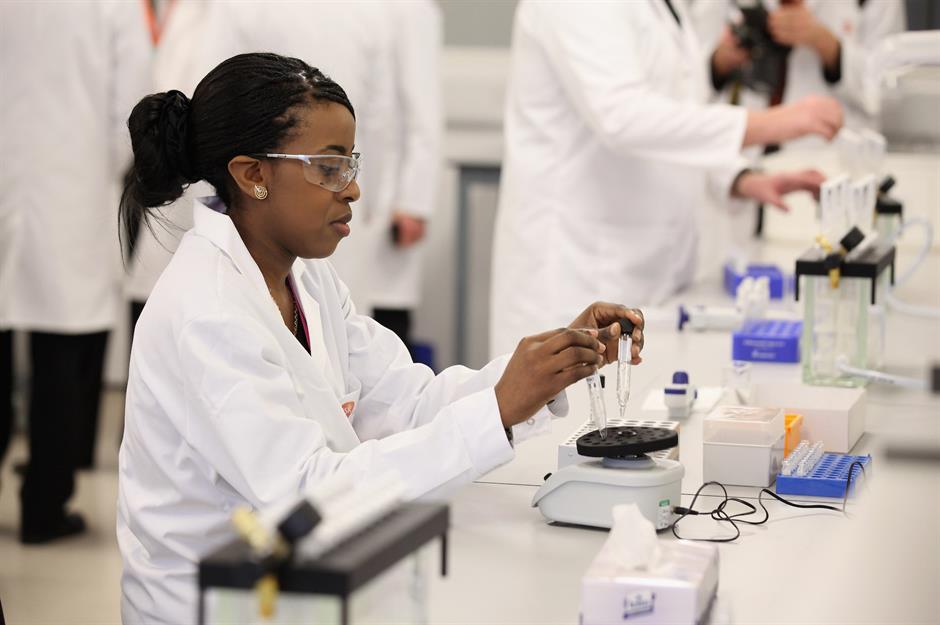
Feeney recognized that Ireland needed to stop its talent from moving abroad, while also attracting foreign talent. For the first time, his foundation partnered with a government. The Atlantic Philanthropies and the Irish government collaborated on the Programme for Research in Third Level Institutions (PRTLI), creating new laboratories, computer facilities, and research libraries. The $177 million provided by the foundation across several decades helped to make Ireland one of the world's most highly educated countries.
Supporting peace in Northern Ireland
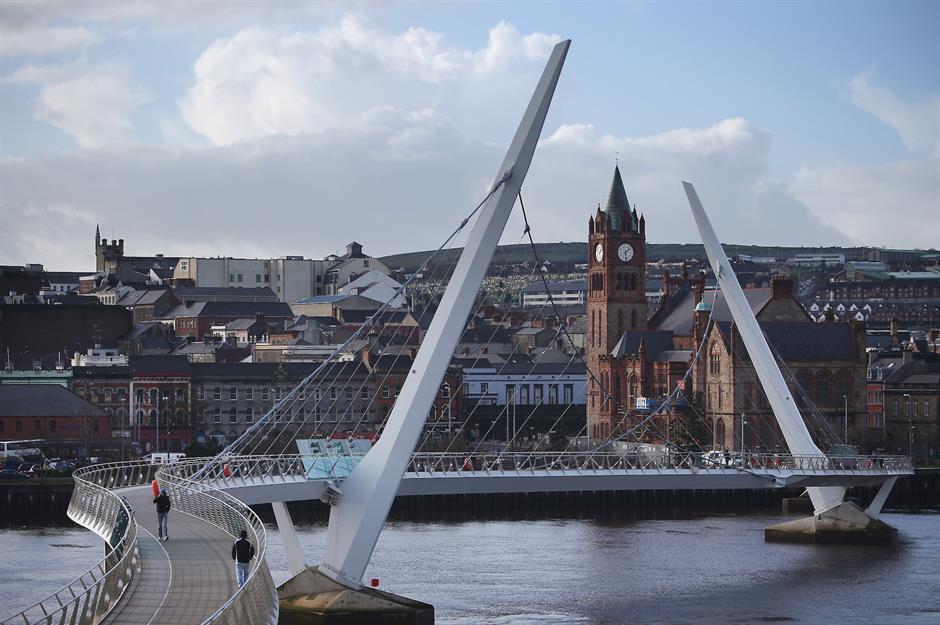
Feeney was very disturbed by the sectarian violence in Northern Ireland, and between 1991 and 2016 his foundation invested nearly $570 million (£426m) into Northern Ireland (pictured here is the Peace Bridge in Derry/Londonderry). This money was primarily put towards supporting the peace process, advocating human rights, and setting up programmes to improve people's lives.
Making good in Vietnam

Feeney also wanted to help the Vietnamese, a people he felt had suffered as a result of the Vietnam War. Over the years his foundation invested $382 million (£299m) in improving Vietnam's public health system and boosting the resources of its libraries and universities. It also put its weight behind a country-wide anti-smoking campaign and an initiative that led to a law making it illegal for motorcycle riders not to wear helmets in 2007.
Building bridges in Cuba
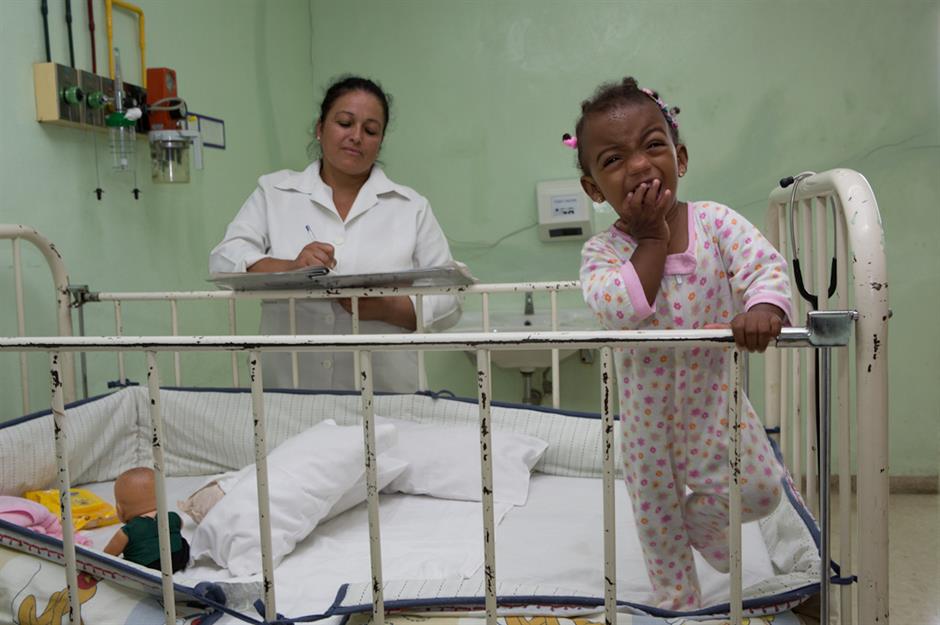
Cuba had one of the best healthcare systems in the world, but in the early 2000s it was suffering badly from a lack of resources. Over time the foundation injected over $68 million (£53m) into the country. This largely went towards creating better health outcomes, but some of the cash paid for work that helped improve relations between Cuba and the United States. This initiative was seen as instrumental in the Obama administration's decision to re-establish diplomatic and commercial ties with Cuba.
Making a mark in South Africa
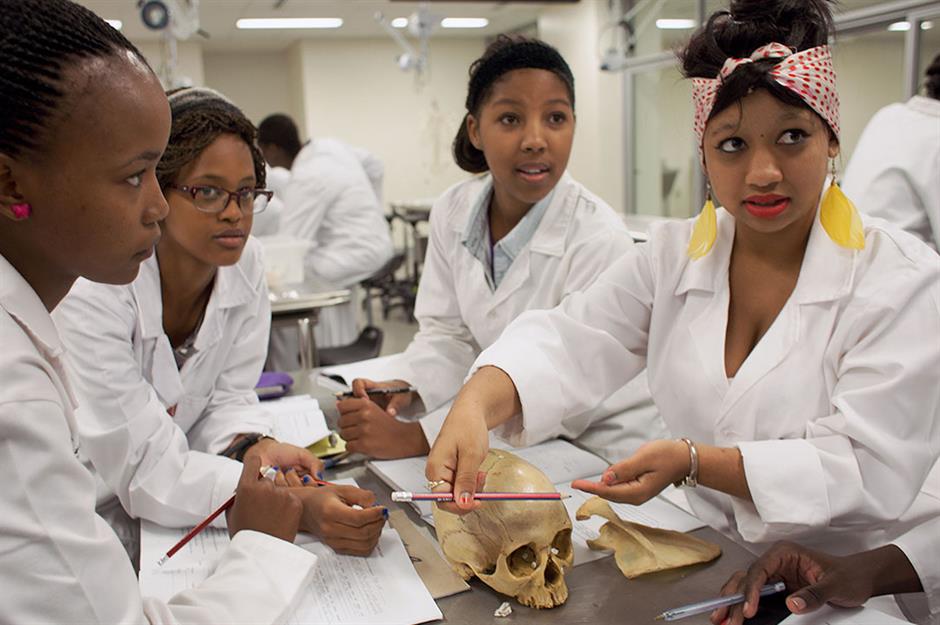
Atlantic Philanthropies saw the end of Apartheid rule in South Africa as an opportunity to help heal the wounds of years of inequality. Its contributions helped aspiring young Black South African attorneys get law degrees in the new multiracial Constitutional Court, and also boosted health services and improved research facilities at historically disadvantaged higher education institutions. By 2016, $424 million (£331m) had been spent on improving the lives of the country’s least advantaged.
Australia wins Feeney over

Feeney was also drawn to Australia as he felt it had many similarities with Ireland, and he believed the talent in the country was undervalued. Over time the foundation distributed grants to 23 organisations across Queensland, Victoria, New South Wales, and Tasmania. It also co-funded the creation of eight new research institutes. Between 1998 and 2016, Atlantic invested $368 million (£288m) in expanding Australia's bio-med research, bolstering higher education, and advancing social equity.
Bermuda wasn't just a base

Until its dissolution in 2020, Atlantic Philanthropies was based in Bermuda. But the foundation didn't just operate from there, it also invested heavily in the island. Between 1992 and 2016 over $28 million (£22m) went on grants that supported local groups working to address disparities in health, education, public safety, and criminal justice.
Giving back to America

The GI Bill meant Feeney was the first of his family to go to university. He was forever grateful for the step up this gave him and many of the grants awarded in the United States went to reducing inequalities in the education system. Substantial funds were also provided for life-saving medical research, expanding access to high-quality healthcare, and enabling older adults to live well and continue to make meaningful contributions to society. In total, the foundation distributed $3.9 billion (£3bn) in grants in America.
The final big bets
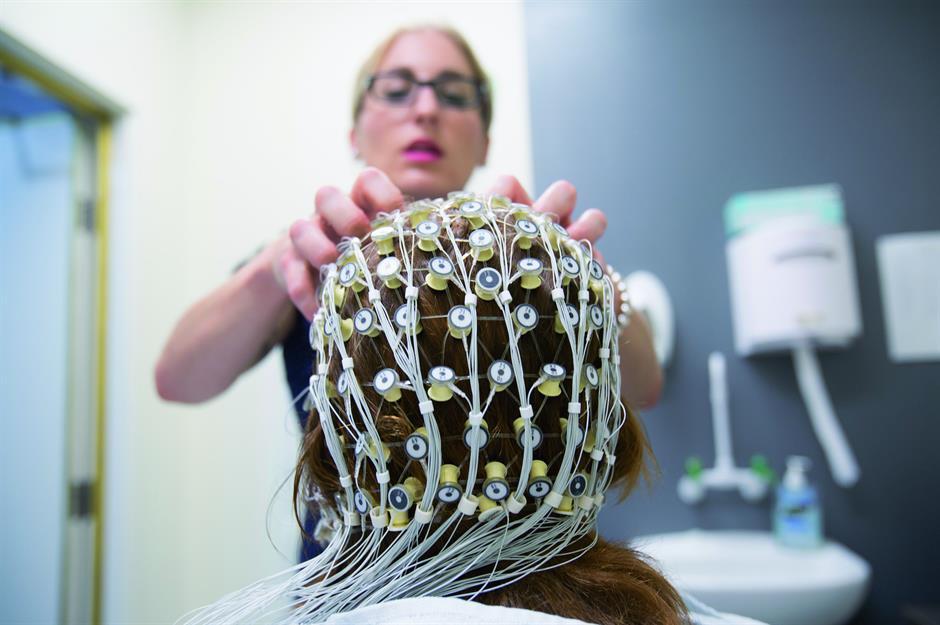
In 1999, Feeney began to spell out to the foundation his desire for it to spend all the money and make its final grants before the end of 2016. In 2015 the foundation began funding what it termed its final "big bets." This became known as the Atlantic Fellows programme. It focused on advancing racial equity, social equity, brain health, global inequality, and health equity. The University of California San Francisco and Trinity College Dublin, for example, jointly received $178 million (£142m) to create the Global Brain Health Institute, with a goal of dramatically reducing the number of people who develop dementia.
The wealthy have a responsibility

Feeney is an advocate of other rich individuals helping those who aren’t so well-off, and in an age of billionaires and soon-to-be trillionaires, the philanthropist has been quite clear on his stance. Feeney has often highlighted the duty that comes with being wealthy: “People must… feel a responsibility to use some of their assets to improve the lives of their fellow humans, or else create intractable problems for future generations”.
Bill Gates takes up the baton
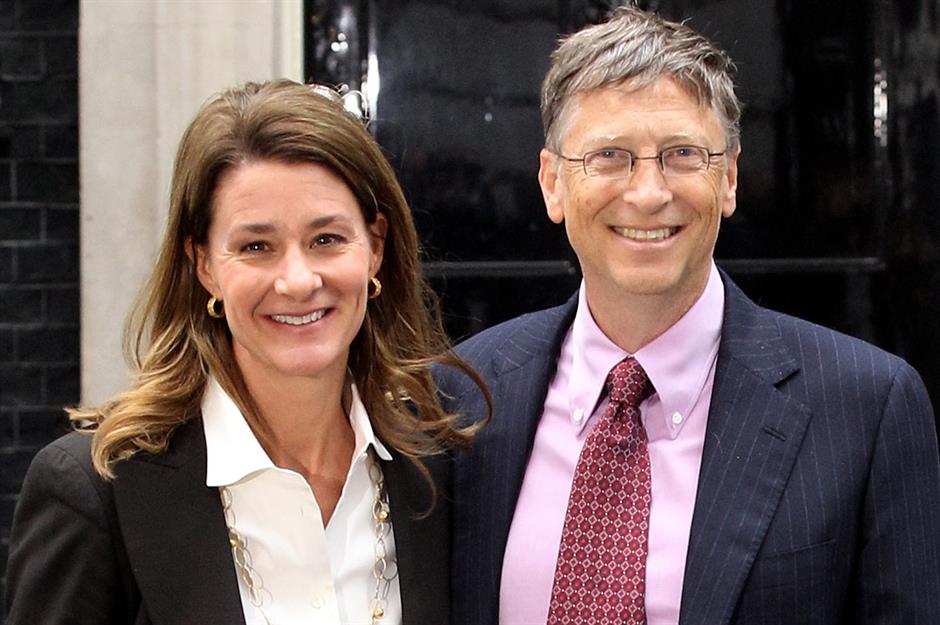
Feeney's incredible generosity, his motto of giving while living, and the phenomenal achievements of the Atlantic Philanthropies foundation are said to have inspired Bill and Melinda Gates (pictured) and Warren Buffett to set up the Giving Pledge. This is an entity designed to encourage the world's wealthiest people to commit to spending the majority of their wealth on philanthropic causes, either during their lifetimes or through their wills. So far more than 200 people have signed up to the Giving Pledge, including Mark Zuckerberg and Elon Musk.
An incredible legacy
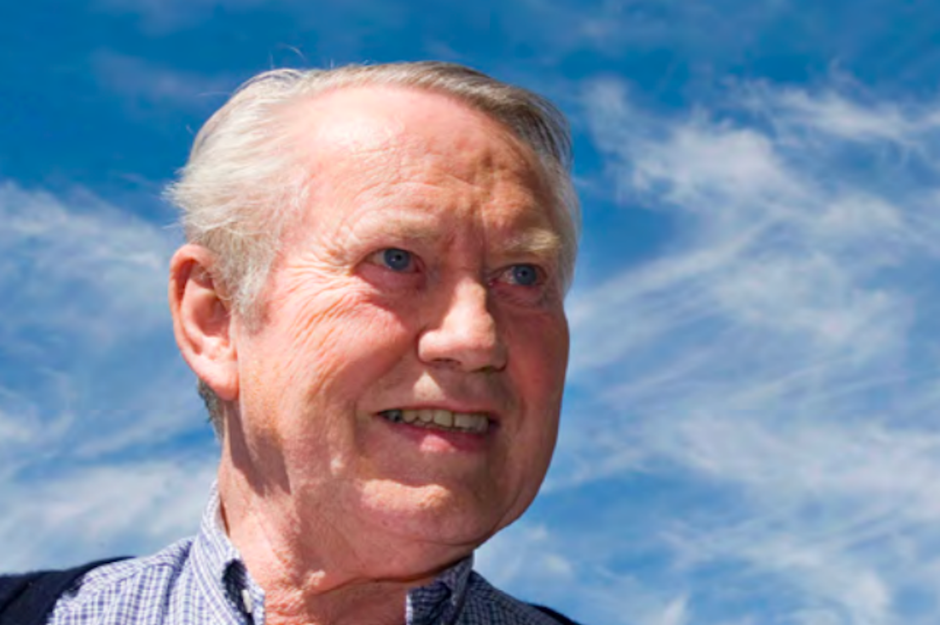
At the grand age of 89, Chuck Feeney achieved his goal of giving away his billions. In September 2020, 38 years after he set up Atlantic Philanthropies, the foundation had given away $8 billion (£6.3bn) in grants to programmes, people, and places where it saw the chance to create opportunity and promote greater fairness and equity for all.
With his mission complete, Feeney signed the papers to confirm the organization’s dissolution. In 2012, he told Forbes that he would be setting $2 million (£1.6m) aside for his and his wife Helga's retirement, meaning that his total giving was 375,000% more than his net worth at that stage.
Feeney's death
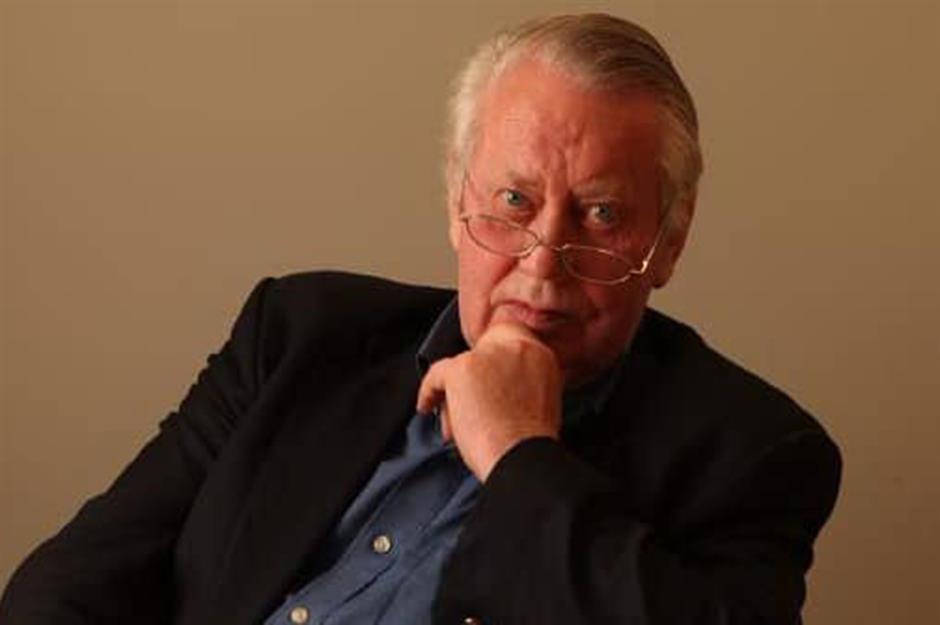
On October 9, 2023, Feeney passed away aged 92. He spent the final years of his life living in a small rented apartment in San Francisco. At the time of his death, he had no money or assets to his name, having achieved his goal of giving all his wealth away for the betterment of humanity.
Now take a look at the rich and famous people who refused to part with their cash
Comments
Be the first to comment
Do you want to comment on this article? You need to be signed in for this feature